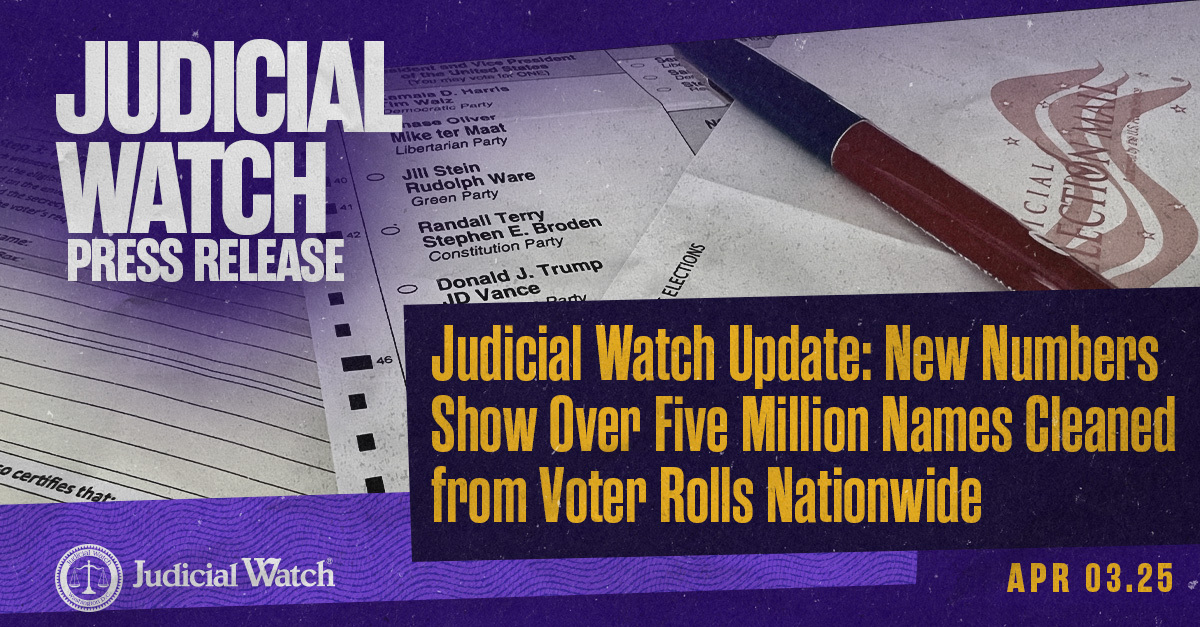
Bill Gives Obama Power To Shut Companies, Internet
In the name of national security, President Obama will have the unprecedented power to shut down companies and block internet traffic under a cyber security bill that Congress expects to pass before the end of the year.
The measure will also grant the commander-in-chief the authority to seize control of businesses and industries that fail to comply with government orders following the declaration of a national emergency. Industries, companies or portions of companies could be temporarily shut down or be required to take other steps to address threats, according to the news agency that obtained a draft of the pending legislation.
The bill would allow the president to declare an emergency if a cyber attack poses an “imminent threat” to the U.S. electrical grid or other critical infrastructure such as the water supply or financial network, which security experts say is highly unlikely. Even in the absence of such a threat, “critical” companies could still face government scrutiny and be forced to report cyber threats to the feds. Yet another new government agency (
Emergencies could be imposed by the government or president at will, absent any Congressional oversight and with no explanation to the American public. This could be used as a tool of political and social repression, according to a London-based telecommunications news magazine that says the proposed law gives the president and government agencies draconian powers.
This latest effort to expand big government combines two different bills merged to supposedly water down some of the more radical provisions in the original measures. One of them, introduced in the Senate a few months ago, forces government-selected companies such as broadband providers or software firms to “immediately comply with any emergency measure or action developed” by the Department of Homeland Security.
It also forces companies to participate in “information sharing” with the feds and grants the government the authority to monitor the “security status” of private sector websites and other internet components.
















